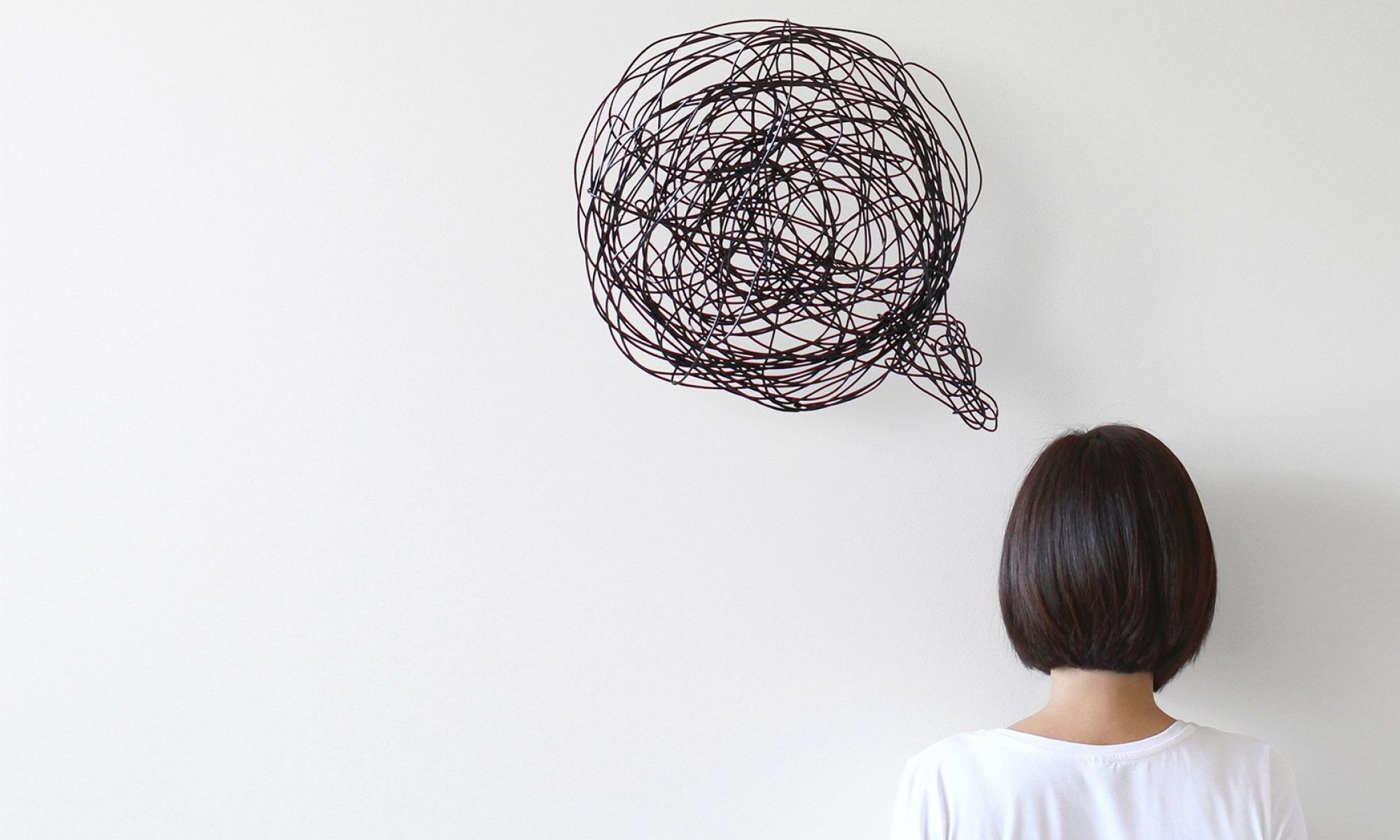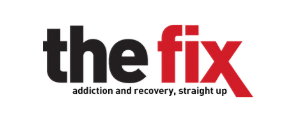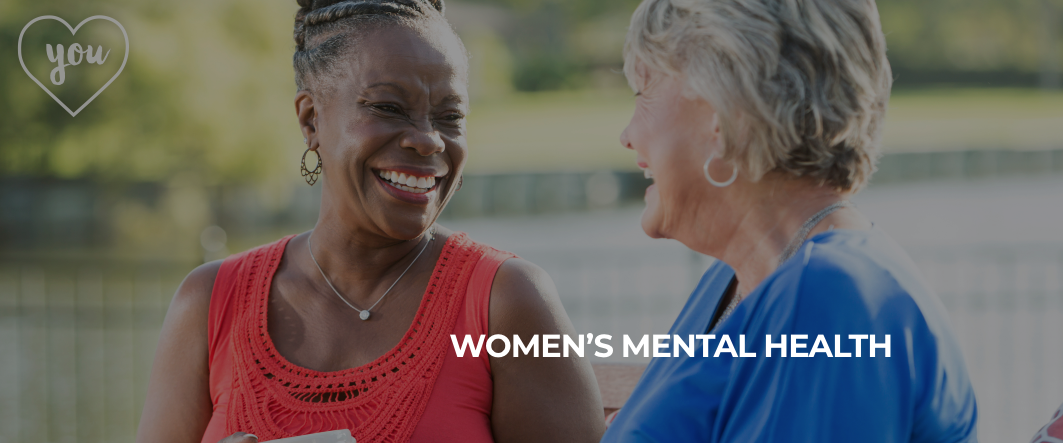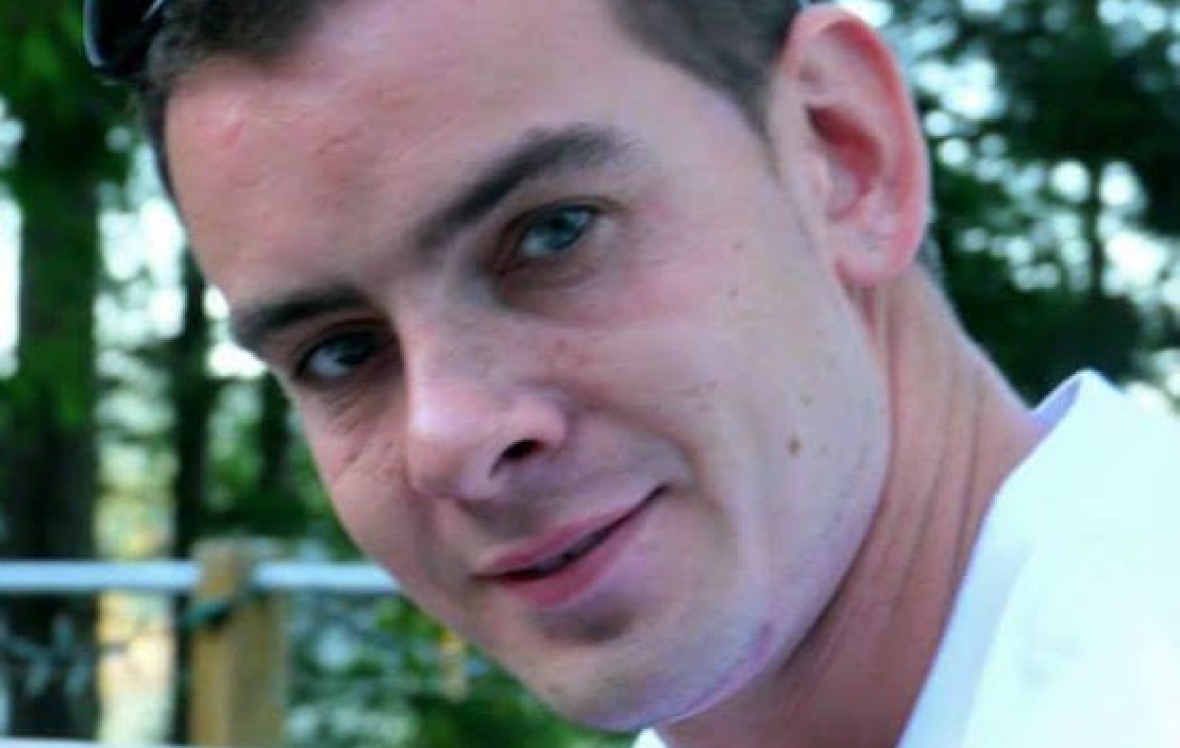A year ago, Cheyne Kobzoff’s life sucked. Hard. Despite a loving wife, two kids, and a great job as a chef at a local restaurant, the lifelong drinker spent every miserable morning trying to remove the creeping thoughts of self-hatred from his perpetually pounding head. But beyond the emotional damage, Kobzoff’s rampant boozing had also caused his belly to balloon into a Santa-like situation. (The beard didn’t do him any favors either.)
So on March 23, 2016, the 33-year-old decided to up and quit cold turkey. Shortly thereafter, he started running, too, realizing that it might help curtail some of the anxiety he was feeling. Kobzoff eventually found himself running distances he never thought possible, and dropped several pants sizes as a result. He’s now a full 53 pounds leaner.
Kobzoff, who lives in California, recently posted the above before-and-after photo to Reddit, proclaiming that one year without alcohol has made him “1,000 times happier.” The post blew up. We asked him how he finally got sober—and why his friends may or may not hate him now that he’s “healthy.”
Congrats on losing your gut, but why’d you have to lose the beard?
I was pretty sad to see it go. I had it for about a year and a half, but it just got too much to maintain every day. I was also really interested to see what my face would look like after I lost a bunch of weight.
I bet your wife was stoked when you shaved.
Actually, she really grew to love it, so she was pretty scared when I came into the bedroom after I cut it off. Same with my kids. My 3-year-old daughter freaked out. But I guess she won’t really remember me with a beard anyway.
Or a belly. Did you have a rock bottom moment where you finally decided to quit drinking?
Not really—it sort of built up over time. Alcoholism runs in my family, so I started drinking when I was 15. It was normal to go drinking every weekend, which eventually turned into every day.
Did you consider yourself an alcoholic?
I guess so, but I don’t think it was something I was really ready to admit. I do admit it now, but it feels weird to say it. I just know that I can’t drink. I would be scared that if I did, I’d go back into the same cycle.
I just didn’t like who I became. I didn’t like what it did to my body. I had actually tried quitting two years ago—the day after I went to a wedding, drank everything in sight, and threw up for 24 hours. But I only quit for a month. I gave myself that finish line of 30 days, and just went back to drinking even more. I’d get up to a 12-pack a night, and then my wife would come home and I’d have a glass or two of wine with her. I just felt so crappy every morning on my drive to work.
So I gave myself an arbitrary quit date: March 23. That was three days after my son’s birthday, which I knew would be a big party atmosphere. And that was it. I just stopped drinking.
You wrote on Reddit that you initially replaced all your drinking with eating whatever you wanted—which, honestly, sounds pretty fun.
I went to town on sweets, for sure. My body was missing all that sugar. I just went through bags of candy. Starburst, jelly beans, and anything sour. I also went to soda, which was a big calorie replacement for the beers. That lasted for about a month.
When you started running, right?
Well, I drank to cure my anxiety. But my anxiety didn’t really go away after I stopped. One day I was mowing the lawn and I was engulfed in anxiety, and I just felt this urge to run. I didn’t act on it, but the next night I felt the urge again, and I went. I put on my shoes, ran out the door, and went a mile down the road and back. I had no idea what I just did . . . but it felt good. And then I came inside gasping for air.
Did your wife think you were dying?
She was laughing, mostly because I didn’t know that I had to cool down after running. I mean, I had never done anything physical in my life at all. So she told me to go walk around for 15 minutes, and sure enough that helped. Even though I still thought I was going to throw up.
Some people refer to the first couple weeks or months of being sober as the “pink cloud” phase, where you feel unexpected bouts of intense elation. Did that freak you out?
Totally. I would be in a store, standing in line when all of a sudden this overwhelming feeling of being so happy would come over me. I physically felt happy to the point where I’d almost cry. I never felt anything like that before.
Did you break out in song in the middle of the checkout line?
[Laughs] I don’t think so, but I definitely let out more than a couple woo-hoos while driving.
You eventually progressed from running 13-minute miles to running 25-minute 5Ks, and then you introduced lifting into the mix. What’s your proudest fitness accomplishment?
I never used to be able to do sit-ups. But eventually I started deadlifting, squatting, and bench pressing, and before long, I had a six-pack. So I tried to see if I could do some sit-ups, and all of a sudden I could bang out 60. It’s pretty cool to do as many as I want.
You must be driving your friends nuts with this healthy shit.
Yep, I’ve been that guy the entire year. I don’t care, because I’m super happy, but I’m sure I annoy 90 percent of the people I talk to. Mostly I was just super excited about everything that I was learning while getting healthy. I literally had nothing else to talk about besides fitnessand not drinking.
Did you get preachy?
No, I don’t care what other people do. My wife drinks wine, and I’d never tell her she can’t drink because I can’t drink. That would be a dick move.
Are you still a fun hang now that you don’t drink?
I hope so. [Laughs]
Maybe I should ask your friends.
I actually got together with some of my best friends the other week. We went on a trip to Lake Tahoe, and I was kind of worried because they all drink. I just spent the whole time telling them about my year, and it was fine. I think I’m probably better now because I don’t get to that point where I’m totally wasted anymore. I couldn’t have been much fun at that point.
What was your worst drunk moment from back in those days?
The night before I got married, I got shitfaced. I woke up on my wedding day with this bowl next to me with some blood in it. Apparently I tried to pull over a cement trash can, my fingers slipped off, and I just slapped my head on the ground. It’s embarrassing to look at the wedding pictures of me and see my puffy red face and probable concussion.
Do you miss drinking?
I really miss tasting nice craft beer. We have a ton of great breweries around here. And I miss having red wine with a great steak. That kills me.
Small price to pay for not waking up on Sunday mornings and feeling like shit, though.
Oh, it’s pretty awesome. I can stay up late and wake up early and be totally fine. My kids are up at 6:30 am, and I can be up with them if I want to without wanting to barf.
And you wrote that you don’t “stink like a sweet and sour bar mat” anymore. So what do you smell like now?
A sober person? [Laughs] As soon as I stopped drinking, I could instantly smell people who had had just one beer. And I thought, “Oh my god, did I smell like that?” I guess I just smell like my laundry detergent now.
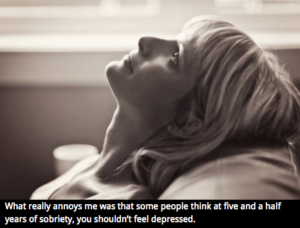 (The Fix does not provide medical advice, diagnosis, or treatment, nor does anything on this website create a physician/patient relationship. If you require medical advice, diagnosis, or treatment, please consult your physician.)
(The Fix does not provide medical advice, diagnosis, or treatment, nor does anything on this website create a physician/patient relationship. If you require medical advice, diagnosis, or treatment, please consult your physician.)